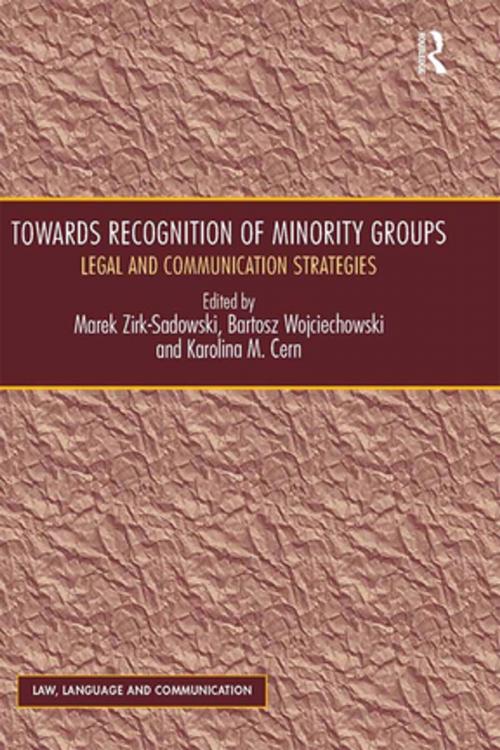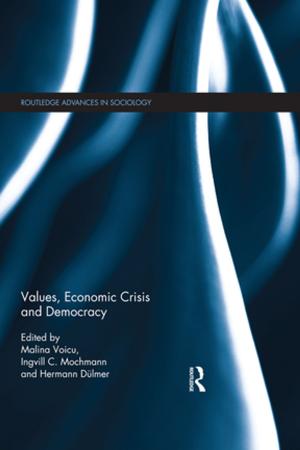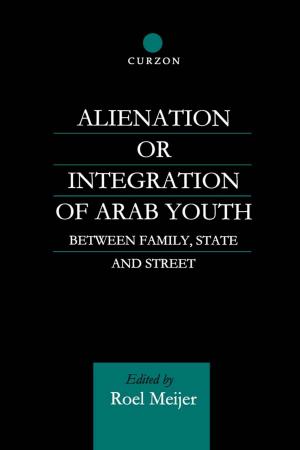Towards Recognition of Minority Groups
Legal and Communication Strategies
Nonfiction, Reference & Language, Law, Jurisprudence, Social & Cultural Studies, Political Science| Author: | Marek Zirk-Sadowski, Bartosz Wojciechowski | ISBN: | 9781317008880 |
| Publisher: | Taylor and Francis | Publication: | February 24, 2016 |
| Imprint: | Routledge | Language: | English |
| Author: | Marek Zirk-Sadowski, Bartosz Wojciechowski |
| ISBN: | 9781317008880 |
| Publisher: | Taylor and Francis |
| Publication: | February 24, 2016 |
| Imprint: | Routledge |
| Language: | English |
This volume analyses current debates concerning problems in the nature, justification, and legal protection of human rights for minorities, with reference to the issues surrounding social milieu as a source of any legitimized law, which is in itself in need of legal recognition as well as being an object of legal protection. With contributions from a global network of scientists across several continents, the work examines the debate dedicated to the understanding of the normative framework, expressed in terms of human rights that guarantee autonomous action in public and private for minority groups as well as individuals. The chapters go on to study the particular claims that need to be audible and visible for others in the public sphere with reference to the legal protection of human rights. The work concludes with the completion of an interpretative circle debating the issues of legal consensus and legal identity with respect to the specificity of the patterns and modes guiding human interactions. Going beyond the legal analysis to discuss communication strategies in human rights, this collection will be of great interest to those studying the philosophy and theory of law, practical philosophy in general, political sciences and theory of democracy.
This volume analyses current debates concerning problems in the nature, justification, and legal protection of human rights for minorities, with reference to the issues surrounding social milieu as a source of any legitimized law, which is in itself in need of legal recognition as well as being an object of legal protection. With contributions from a global network of scientists across several continents, the work examines the debate dedicated to the understanding of the normative framework, expressed in terms of human rights that guarantee autonomous action in public and private for minority groups as well as individuals. The chapters go on to study the particular claims that need to be audible and visible for others in the public sphere with reference to the legal protection of human rights. The work concludes with the completion of an interpretative circle debating the issues of legal consensus and legal identity with respect to the specificity of the patterns and modes guiding human interactions. Going beyond the legal analysis to discuss communication strategies in human rights, this collection will be of great interest to those studying the philosophy and theory of law, practical philosophy in general, political sciences and theory of democracy.















